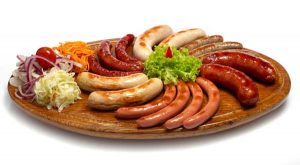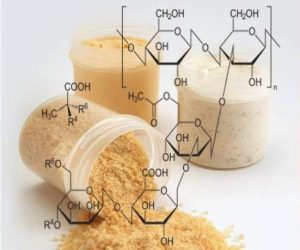Halal Certified Potassium Tripolyphosphate
Halal Potassium Tripolyphosphate E451
Potassium Tripolyphosphate is a potassium salt of phosphoric acid manufactured through chemical synthesis, available as White powder. As a synthesized chemical, Potassium Tripolyphosphate is general recognized as halal. Potassium Tripolyphosphate comes in a white powder and granular form. It is used as a sequestering agent for calcium and magnesium in food products. It is also highly soluble in aqueous solutions and has excellent dispersion properties. Applications for PotassiumTripolyphosphate include low sodium meats, processed seafood and cheeses, soups and sauces, noodle products and modified starches.
What is Halal Potassium Tripolyphosphate E451?
It is a popular halal food additives used in food and beverage. We have been supplying halal Potassium Tripolyphosphate E451 for years.
The manufacturing process of Potassium Tripolyphosphate E451 is according to Islamic law, and is free from pork products, alcohol and certain other ingredients.
Halal is an Arabic word meaning lawful or permitted. In reference to food, it is the dietary standard, as prescribed in the Koran.
By official definition, Halal foods are those that are:
1. Free from any component that Muslims are prohibited from consuming according to Islamic law.
2. Processed, made, produced, manufactured and/or stored using utensils, equipment and/or machinery that have been cleansed according to Islamic law.
All foods are considered Halal except the following:
-Alcoholic drinks and intoxicants
-Non-Halal animal fat
-Enzymes (microbial enzymes are permissible)
-Gelatine from non-Halal source (fish gelatine is Halal)
-L-cysteine (if from human hair)
-Lard
-Lipase (only animal lipase need be avoided)
-Non-Halal animal shortening
-Pork products
-Unspecified meat broth
-Rennet (All forms should be avoided except for plant, microbial and synthetic rennet, as well as rennet obtained from Halal slaughtered animals)
-Stock (mixed species broth or meat stock)
-Tallow (non-Halal species)
-Carnivorous animals, birds of prey and certain other animals
-Foods contaminated with any of the above products.


